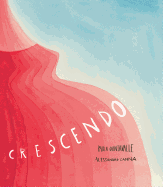 |
| photo: Manvi Rao |
Madhuri Vijay was born in Bangalore. She is the recipient of a Pushcart Prize, and her writing has appeared in Best American Non-Required Reading, Narrative magazine and Salon, among other publications. The Far Field (Grove, January 15, 2018), her first novel, is about a sexually fearless, emotionally lost young woman who travels from Bangalore to Kashmir to track down a mysterious friend of her mother.
On your nightstand now:
One Day You'll Thank Me, a collection of essays about fatherhood by David McGlynn. I've read the first few, and they're wonderful. Sharp, tender, and terrifically funny.
Favorite book when you were a child:
As a child, I owned a book called Tales of Long Ago by Enid Blyton. It contained retellings of a few stories from One Thousand and One Nights, as well as assorted Greek and Roman myths. I'm sure it wouldn't hold up now for all kinds of reasons, but back then I found it dazzling, simply because it was so unlike what I usually read. So much of children's literature is cautious and safe and tediously didactic, but these stories were wild and weird and utterly amoral. And I loved them.
Your top five authors:
This is a cruel question, but I'll try. In no particular order: J.M. Coetzee, Anita Desai, James Baldwin, Zadie Smith, Alice Munro.
Book you've faked reading:
Jane Eyre. I read it recently, though, and found it just as good as I'd been pretending all these years, so that was a relief.
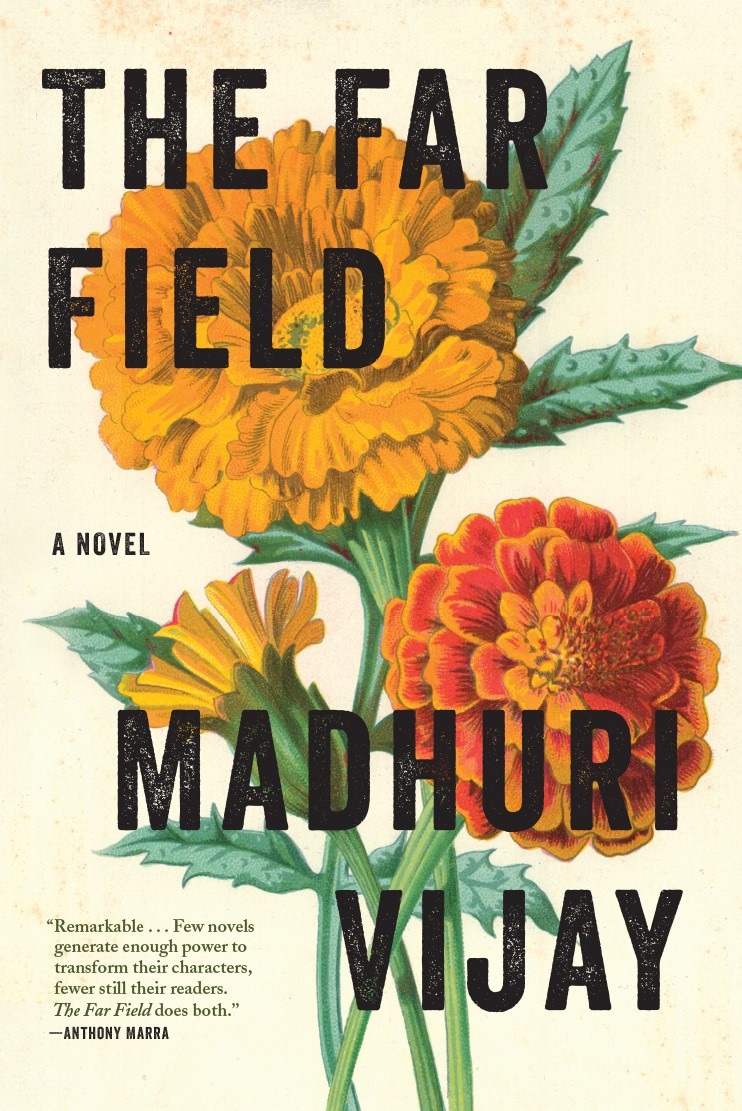 Book you're an evangelist for:
Book you're an evangelist for:
I rarely recommend books. No doubt this will sound precious, but I'm very protective of the books I love, and I would never recommend one to a person I didn't respect. That said, it's a tie between James Baldwin's Giovanni's Room and Elsa Morante's History, which are two very different books about guilt and the price of survival.
Book you've bought for the cover:
I haven't done it yet, but I intend to buy every single one of the stunning Kafka editions that Peter Mendelsund designed for Schocken Books.
Book you hid from your parents:
My college roommate once gave me a copy of Cunt by Inga Muscio for my birthday. Looking back, I don't think my parents would have cared--they never once interfered in what I read--but I was a bit more skittish then, and I hid it in my cupboard behind a stack of old National Geographic magazines. It's probably still there, in fact; I'm sorry to say I hid it so well, I forgot to take it down and actually read it.
Book that changed your life:
Annihilation of Caste by Dr. B.R. Ambedkar. Never in my life have I come across a mind so full of rage and yet so lucid as Ambedkar's. If I had my way, everyone--Indian or otherwise--would be required to read it.
Favorite line from a book:
I love these lines from Anita Desai's Baumgartner's Bombay, both for their percussive brilliance and for their chillingly relentless crescendo. "Then why had this boy to come after him, in lederhosen, in marching boots, striding over the mountains to the sound of the Wander vogels Lied? The Lieder and the campfire. The campfire and the beer. The beer and the yodelling. The yodelling and the marching. The marching and the shooting. The shooting and the killing. The killing and the killing and the killing."
Book you most want to read again for the first time:
The experience I had reading Elena Ferrante's Neapolitan novels was remarkable. It was an unsettling combination of urgency and lassitude, hunger and satiety, shock and familiarity. I doubt I'd feel that way on a second reading, and I'm reluctant to try.
Five books you'll never part with:
A beautiful first edition of Theodore Roethke's posthumous collection of poems, The Far Field, from which I borrowed the title for my novel.
An inscribed copy of Alexander Maksik's third novel, Shelter in Place, which was given to me on the banks of a sunlit river and marks an important occasion in my life.
A tattered, mass-market paperback of Agatha Christie's Hercule Poirot's Christmas, which I read for comfort whenever I'm sick and confined to bed.
My 15-year-old copy of The God of Small Things by Arundhati Roy, which I pick up whenever I need to remind myself of what an utterly fearless writer sounds like.
And Blindness, because José Saramago knows better than anyone what human beings are capable of when the world around them is collapsing. More and more, it seems a handy manual for our times.





SHELFAWARENESS.1222.S1.BESTADSWEBINAR.gif)


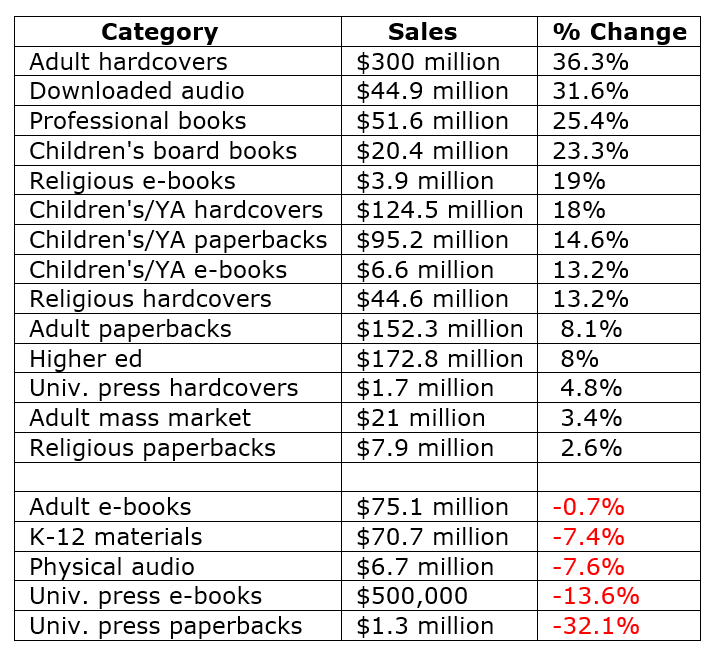

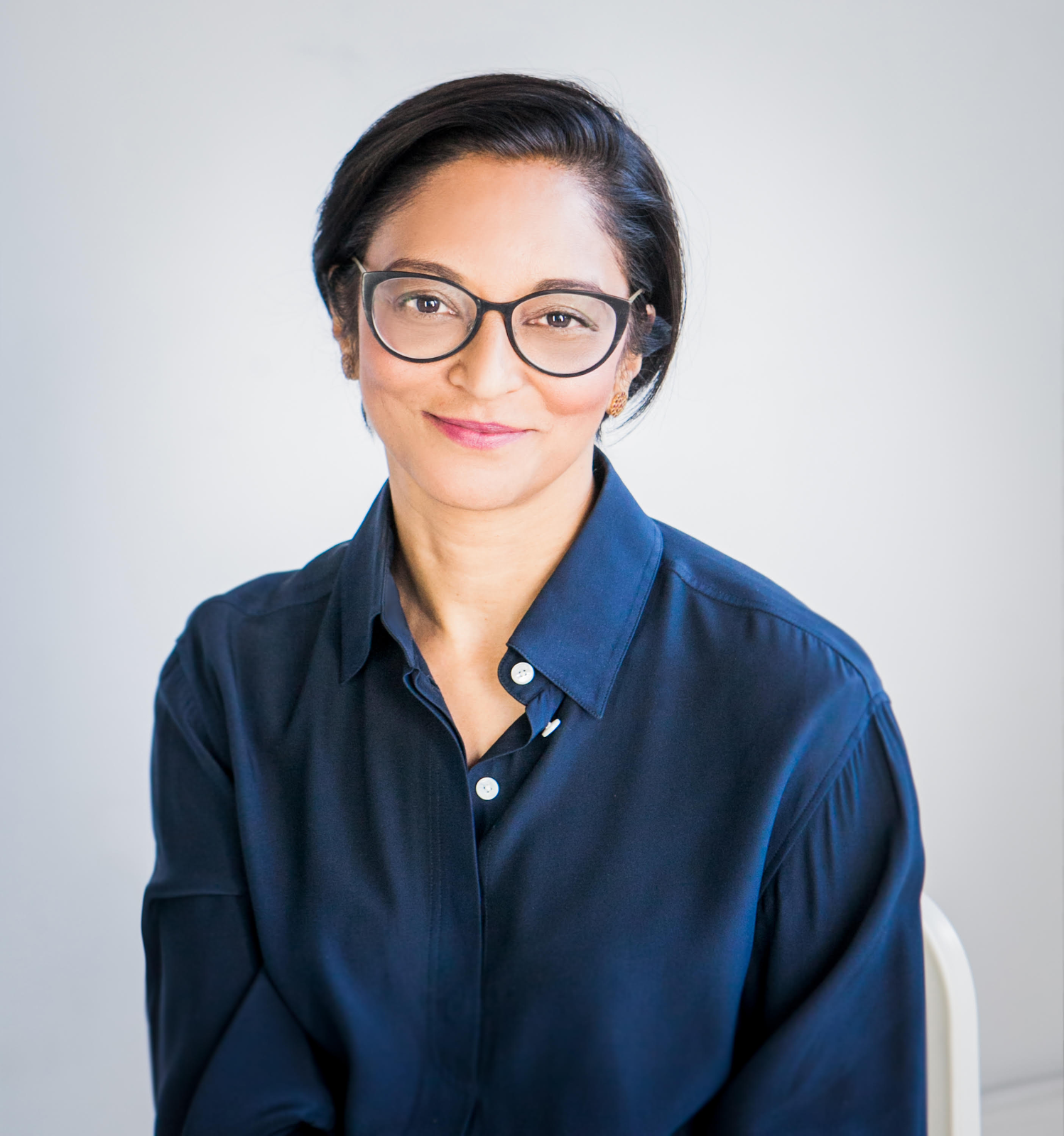
SHELFAWARENESS.1222.T1.BESTADSWEBINAR.gif)
 Print book sales in the Canadian English-language trade market
Print book sales in the Canadian English-language trade market 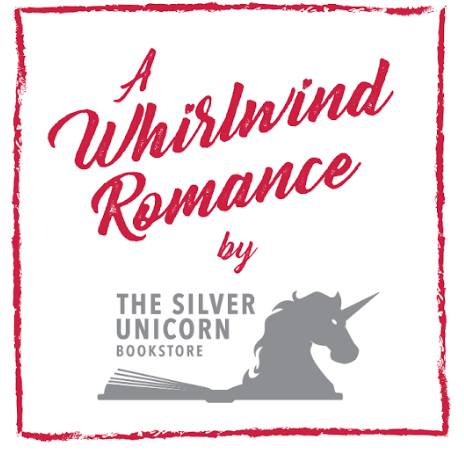
 Sourcebooks is launching Sourcebooks Wonderland, a children's imprint that "will comprise existing products and forthcoming acquisitions and publications of proprietary, customized and regional books," according to the company. Nicky Benson, former director of product management at Readerlink, joins Karen Shapiro, publishing manager of the Sourcebooks entertainment group and creator of the national bestselling How to Catch series of books, to lead the imprint.
Sourcebooks is launching Sourcebooks Wonderland, a children's imprint that "will comprise existing products and forthcoming acquisitions and publications of proprietary, customized and regional books," according to the company. Nicky Benson, former director of product management at Readerlink, joins Karen Shapiro, publishing manager of the Sourcebooks entertainment group and creator of the national bestselling How to Catch series of books, to lead the imprint.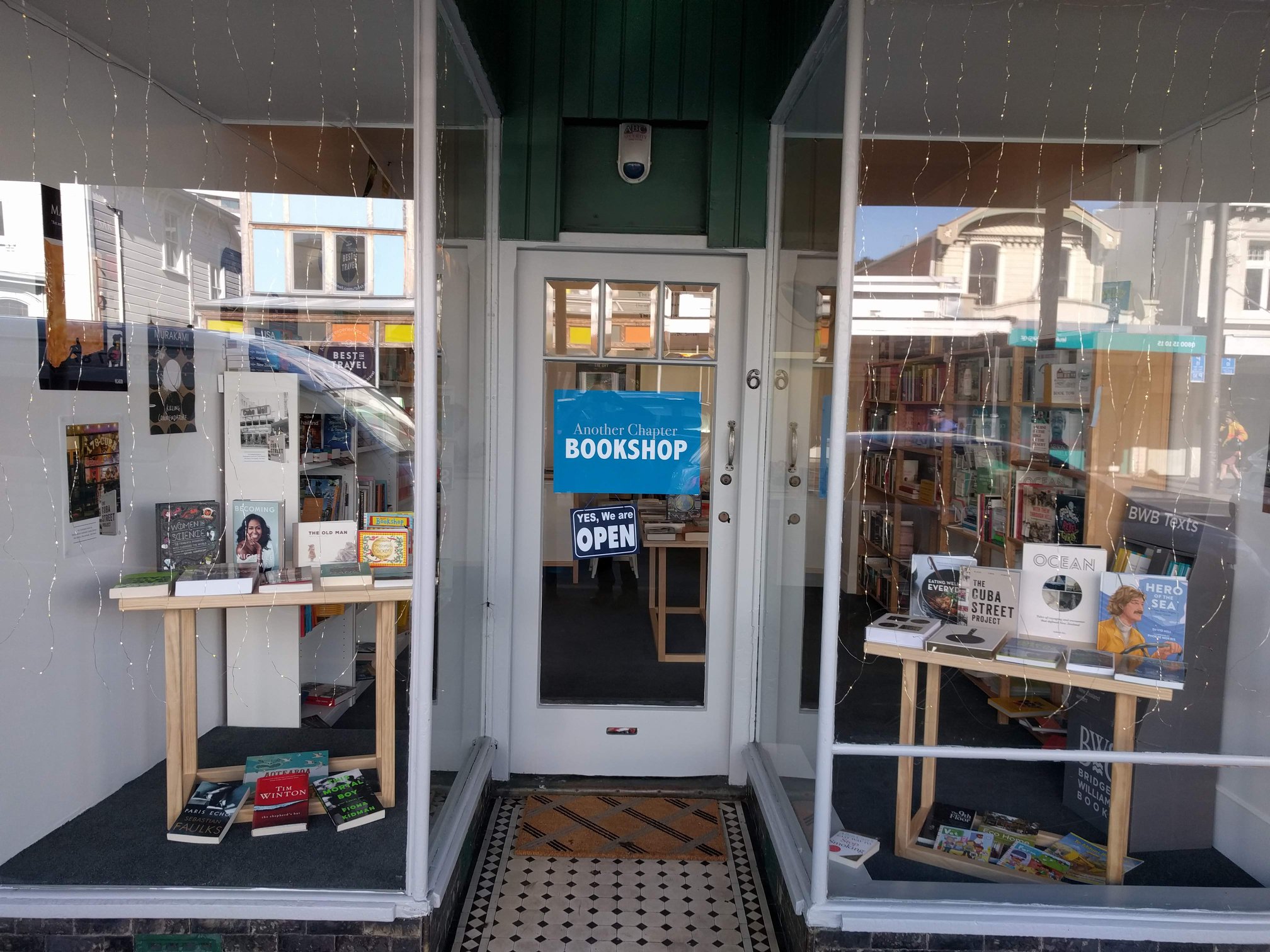
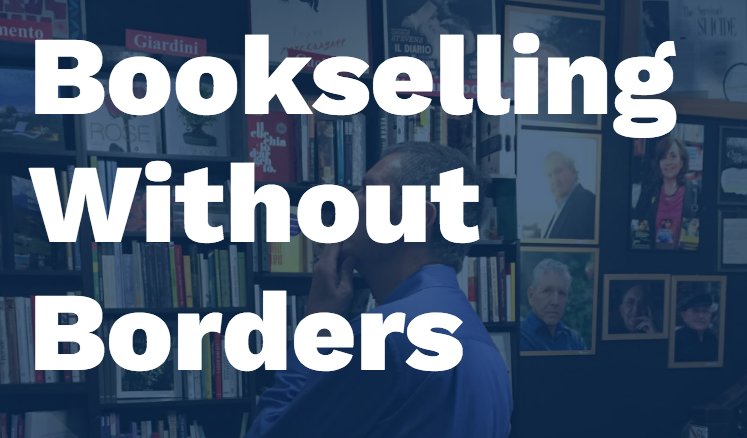 The application period for fellowships for this year's Bookselling Without Borders program, which supports travel to international book fairs by U.S. booksellers, has opened and will remain so through February 4.
The application period for fellowships for this year's Bookselling Without Borders program, which supports travel to international book fairs by U.S. booksellers, has opened and will remain so through February 4.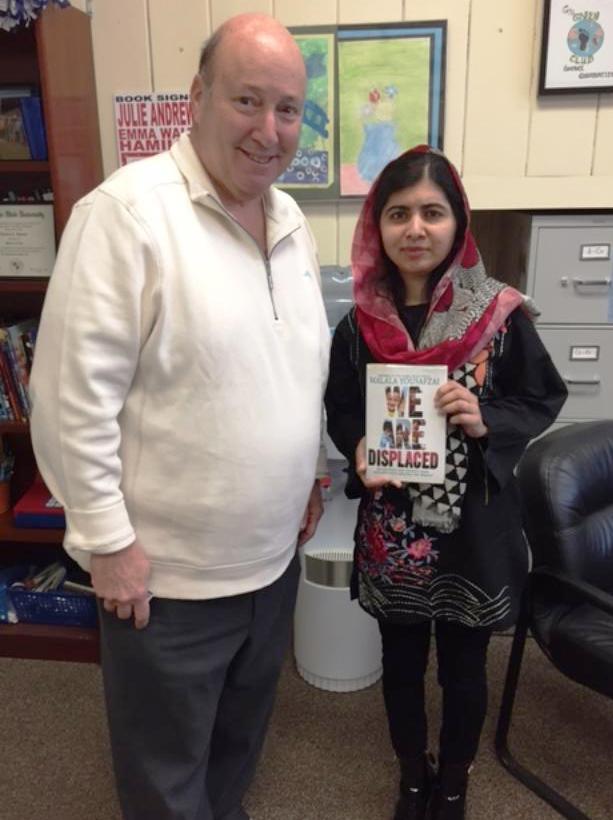 Books & Greetings
Books & Greetings Blue Willow Bookshop
Blue Willow Bookshop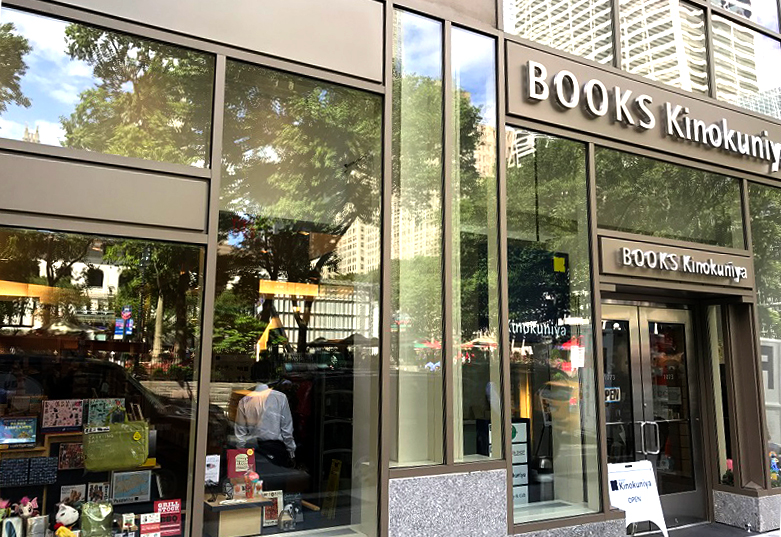
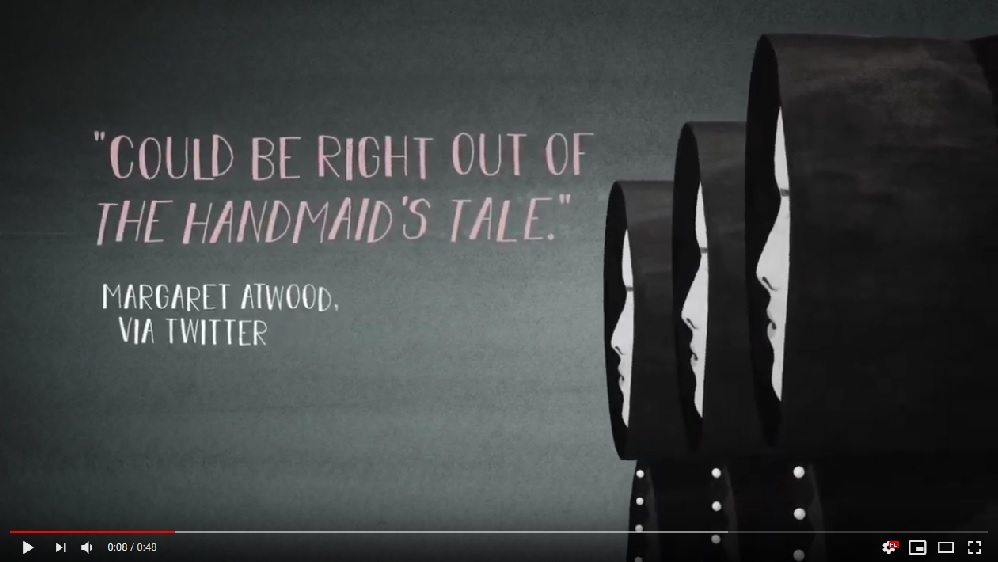 Women Talking
Women Talking
 Book you're an evangelist for:
Book you're an evangelist for: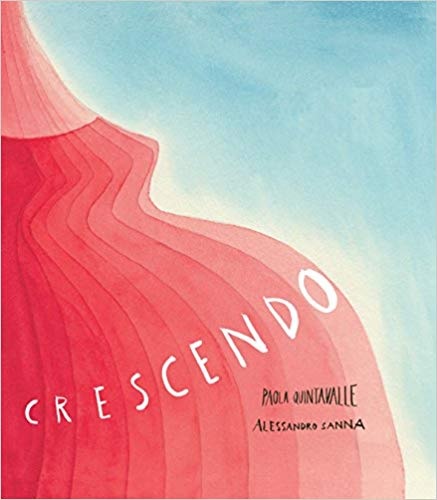 Crescendo takes the reader through human gestation, beginning at the fifth week of pregnancy and extending through the 40th. Each week is honored in a two-page spread featuring Paola Quintavalle's spare, carefully chosen text and a facing illustration. Taken together, every four weeks of snippets read like a freestanding poem. For Month 6: "You are learning to cry/ Your eyes conserve the color of the night sky/ You cannot see, but you sense the light/ As you turn and tip and tip and turn."
Crescendo takes the reader through human gestation, beginning at the fifth week of pregnancy and extending through the 40th. Each week is honored in a two-page spread featuring Paola Quintavalle's spare, carefully chosen text and a facing illustration. Taken together, every four weeks of snippets read like a freestanding poem. For Month 6: "You are learning to cry/ Your eyes conserve the color of the night sky/ You cannot see, but you sense the light/ As you turn and tip and tip and turn."